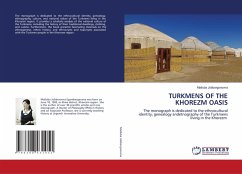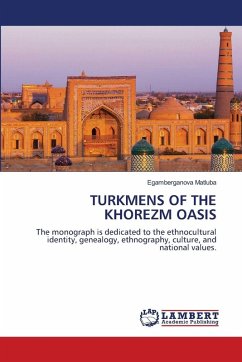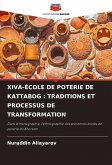The concept of the cradle has been deeply rooted in human history and culture, symbolizing care, nurturing, and the cycle of life. From ancient times, cradles have served not only as practical tools for soothing infants but also as cultural artifacts reflecting societal values, craftsmanship, and traditions.The history of the cradle dates back thousands of years, with evidence of early wooden cradles found in ancient civilizations such as Mesopotamia, Egypt, and Greece. These cradles were designed to provide comfort and security to infants, often showcasing intricate designs that represented the artistic and cultural practices of the time. Over the centuries, cradles evolved in form and function, adapting to technological advancements and cultural shifts.
Bitte wählen Sie Ihr Anliegen aus.
Rechnungen
Retourenschein anfordern
Bestellstatus
Storno








![Rituals of the Sovereign Great Priory for the Dominion of Canada [microform]: Founded on the English System of Templary, A.D., 1876 Rituals of the Sovereign Great Priory for the Dominion of Canada [microform]: Founded on the English System of Templary, A.D., 1876](https://bilder.buecher.de/produkte/65/65517/65517462m.jpg)
